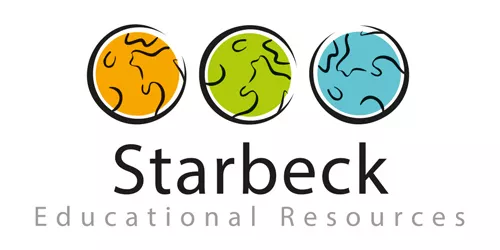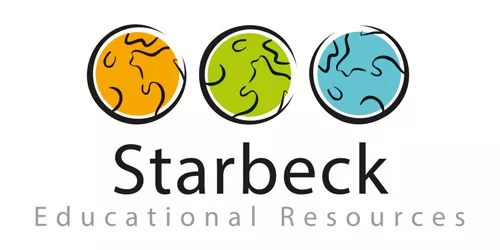Primary School Teachers' Ultimate Guide to Engaging Geography Lessons with Atlas's
Are you a dedicated primary school teacher looking for innovative ways to make geography lessons more exciting for your young learners? Do you want to ignite their curiosity about the world around them and foster a love for exploration? Look no further! In this comprehensive guide, we will show you how to incorporate atlases into your teaching strategies, making geography lessons a fun and interactive experience for both key stage 1 and key stage 2 pupils.
Why Use Atlas's in the Classroom?
Atlas's, the magical books filled with maps and fascinating information about countries and cultures, can significantly enhance the learning experience for primary school pupils. Here are some compelling reasons to incorporate atlases into your teaching:
-
Spatial Awareness: Atlas's provide a visual representation of the world, helping pupils grasp the concept of geography and spatial relationships.
-
Cultural Appreciation: Exploring different countries and their cultures encourages empathy and a broader understanding of the world's diversity.
-
Language Skills: Reading maps and place names improve pupils' vocabulary and comprehension skills.
-
Critical Thinking: Analyzing maps and interpreting geographical data foster critical thinking skills in young minds.
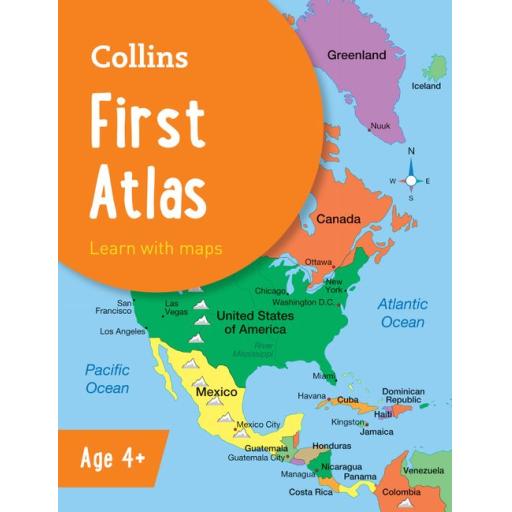
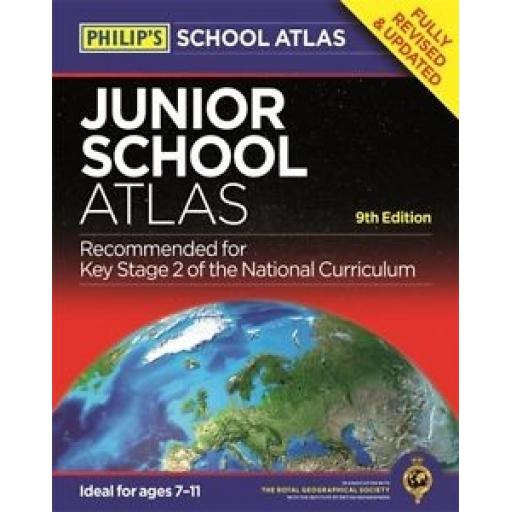
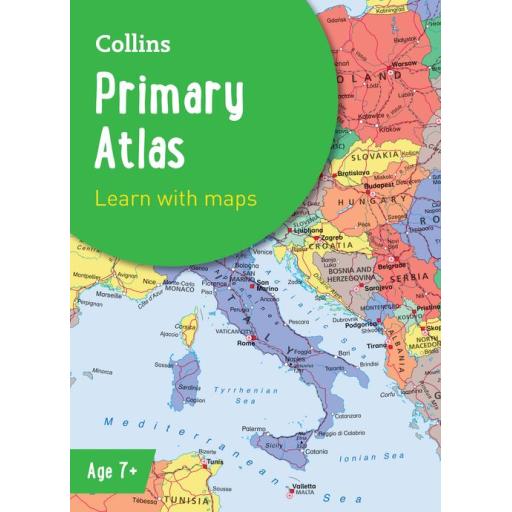
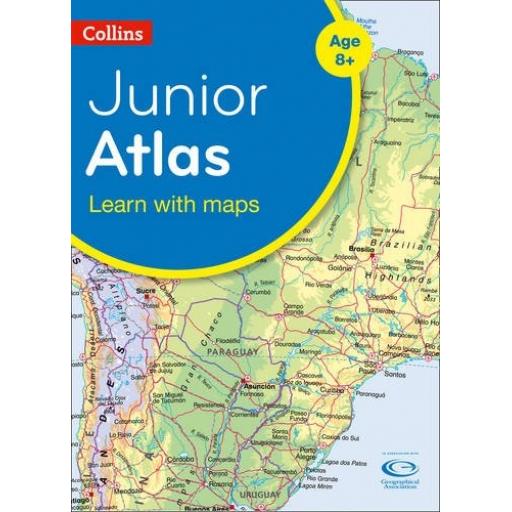
Engaging Activities with Atlas's
1. "Around the World" Treasure Hunt
Create an exciting treasure hunt activity using the atlas. Divide the class into teams and assign each team a country. Provide them with clues related to the country's landmarks, geography, or culture. The teams must use the atlas to find the country and race to collect the "treasure."
2. "Pin the Flag" Geography Game
Blow up maps of different continents and hang them on the walls. Have pupils take turns wearing a blindfold and attempting to pin the flag on the correct country. This game not only enhances geographical knowledge but also guarantees giggles and laughter.
3. Geography Quizzes
Organize weekly geography quizzes, where pupils can compete individually or in groups. Ask questions about countries, capitals, landmarks, and other geographical facts. Reward the winners with small prizes to keep the excitement alive.
4. Create Your Country
Encourage pupils to create their own imaginary countries. They can draw maps, design flags, and even invent cultures and languages. This activity nurtures creativity and allows pupils to apply geographical knowledge in a fun way.
5. Postcard Exchange
Connect with other primary schools in different countries and arrange a postcard exchange program. Pupils can send postcards with interesting facts about their own country to the schools abroad, and in return, receive postcards from pupils in other countries. This activity promotes global awareness and develops writing skills.
6. Have a Flag Quiz with the Students
Engaging and interactive quizzes are a fantastic way to reinforce learning while keeping the excitement alive in the classroom. Hosting a flag quiz with your primary school pupils can be a delightful and educational experience.
-
Name the Country: Display a flag and ask the teams to identify the corresponding country.
-
Capital Match: Show a flag and have the teams guess the capital city of that country.
-
Flag Colors: Display a flag and ask the teams to name the colors used in it.
-
Famous Landmarks: Show a flag and inquire about a famous landmark or geographical feature in that country.
-
Guess the Region: Display a flag and have the teams identify the continent or region it belongs to.
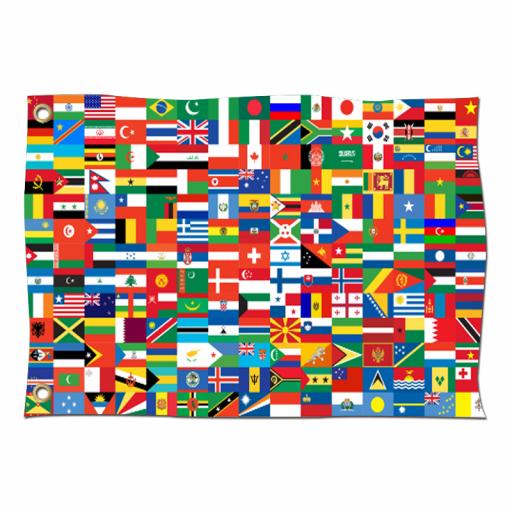
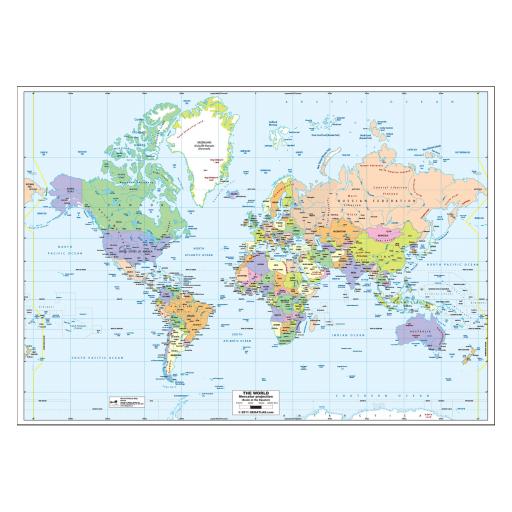
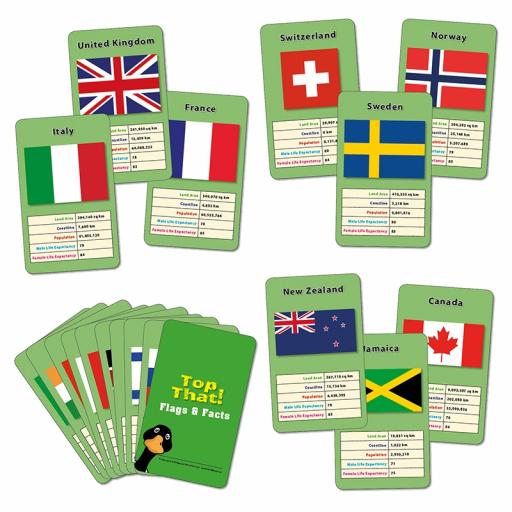
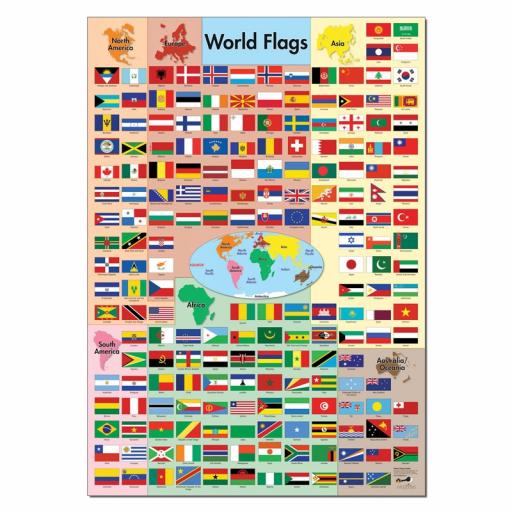
Key Stage 1 and Key Stage 2 Integration
Key Stage 1 (Ages 5-7)
For younger pupils, focus on basic concepts such as:
-
Cardinal Directions: Teach them about north, south, east, and west using simple games and activities.
-
Continents and Oceans: Introduce the concept of continents and oceans, and help them identify them on a world map.
-
Country Study: Pick a different country each week and learn about its culture, flag, and landmarks.
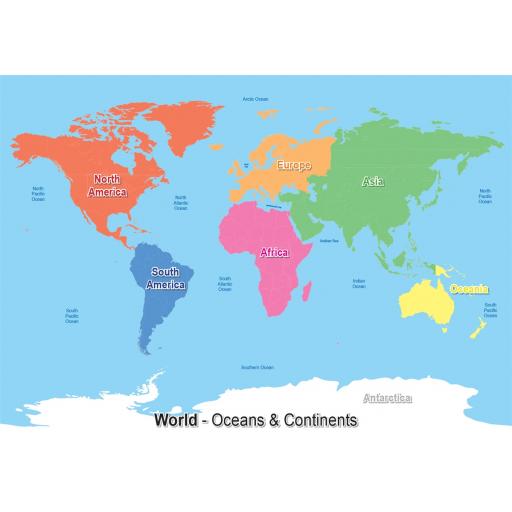
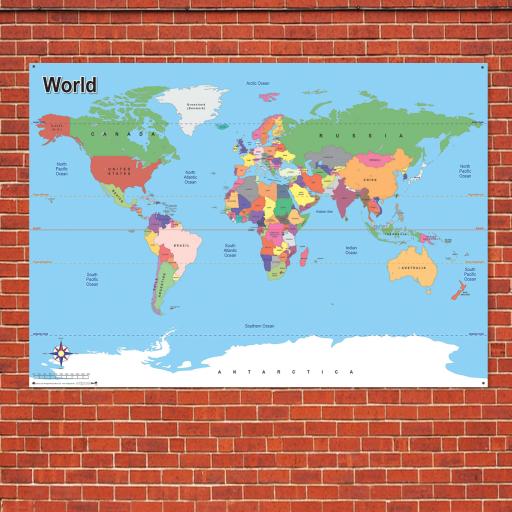
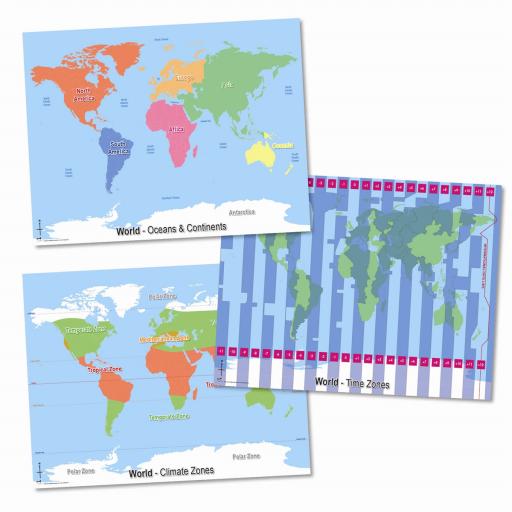
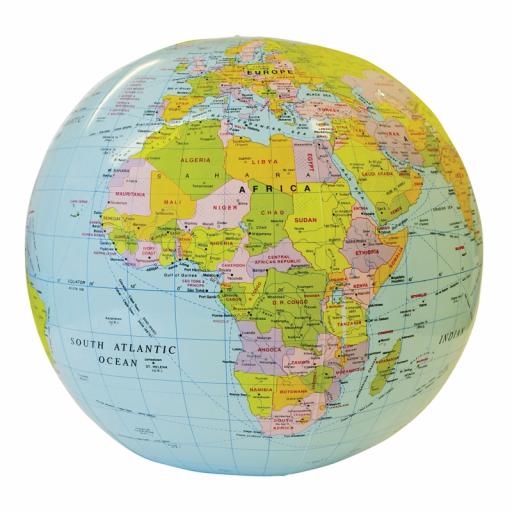
Key Stage 2 (Ages 7-11)
As pupils grow older, delve deeper into geography:
-
Latitude and Longitude: Teach them how to read coordinates and locate places accurately on the map.
-
Climate Zones: Explore the different climate zones and their impact on the environment and human activities.
-
Comparative Studies: Compare and contrast different countries' cultures, economies, and geographical features.
Conclusion
Using atlas's in your primary school geography lessons can transform the way pupils perceive the world and ignite their passion for exploration and learning. The engaging activities and age-appropriate integration for key stage 1 and key stage 2 pupils ensure that every child benefits from these enriching lessons.
So, embrace the power of atlases and make your geography classes an unforgettable adventure! Happy teaching!
